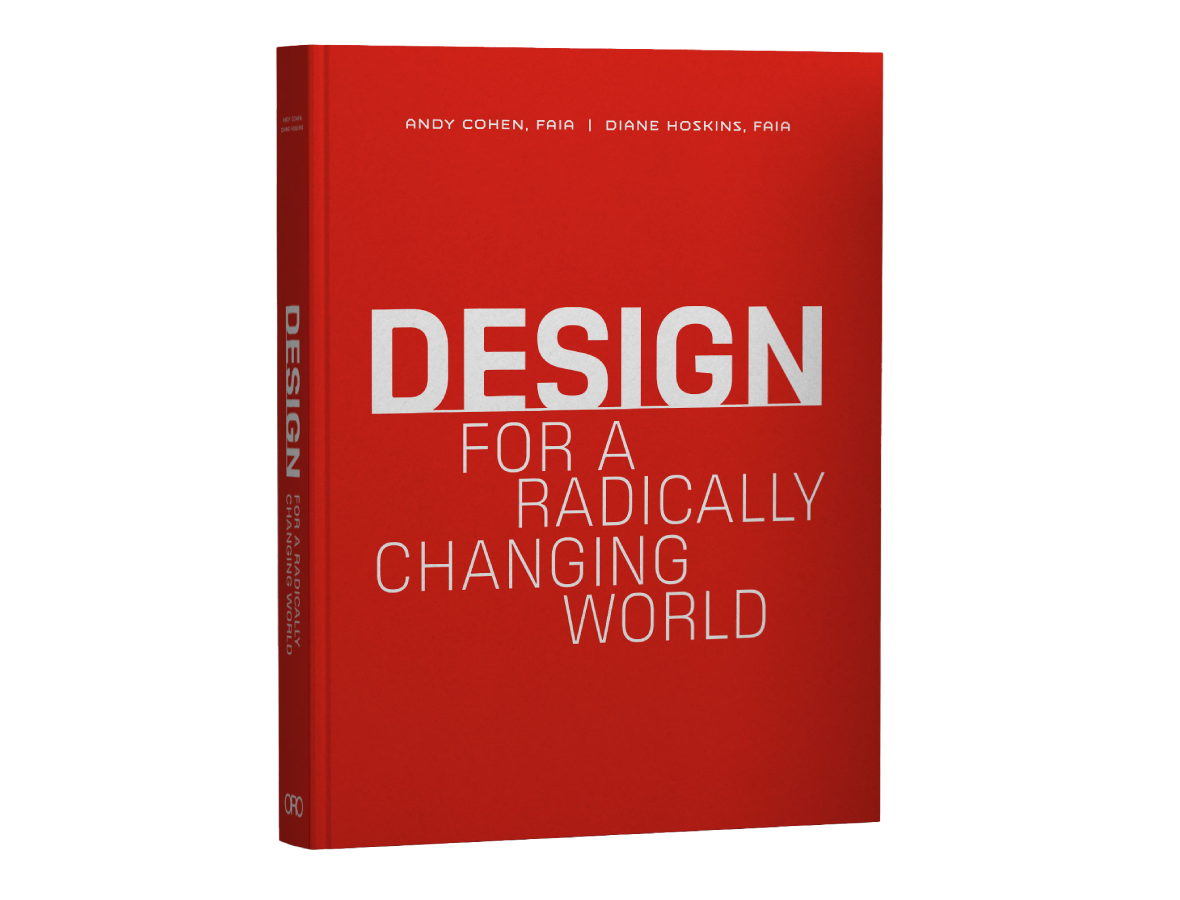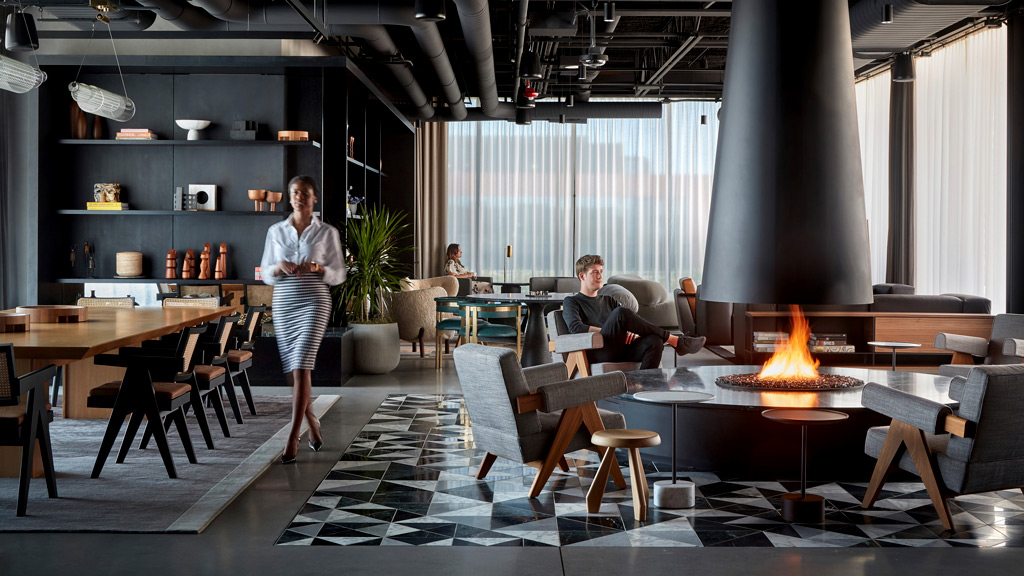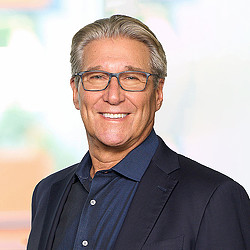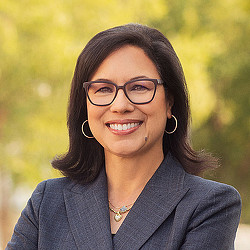The Workplace Must Be a Destination, Not an Obligation
February 27, 2024 | By Andy Cohen and Diane Hoskins
Editor’s Note: The following excerpt is from Design for a Radically Changing World, by Gensler Global Co-Chairs Diane Hoskins and Andy Cohen.
Shifts in working, living, and commuting patterns — coupled with a constantly changing economic and technological landscape — are driving a fundamental reconsideration of the purpose, form, and value of the workplace. Many of these conversations — from the tension between virtual and in-person collaboration and the rise of remote work, to the challenges of over-densification and universal design—were already underway prior to the COVID pandemic. It was not until the pandemic occurred, however, that the future and design of the workplace became a daily topic of discussion for millions of people all over the world. Work has evolved, so why have too many of the world’s workplaces remained largely unchanged?
We stand today at an unprecedented crossroads in workplace design, where architects and designers can imagine a new future of work and set us on a course for long-term workplace happiness. We must take advantage of this time to be bold and fiercely creative. We can design spaces that are agile enough to endure the next wave of challenges and flexible enough to rapidly evolve with the changing demands of the workforce.
The purpose and value of the workplace have never been clearer — and its design has never been more important. We know now that the workplace must be a destination, not an obligation. It must be an “experience multiplier,” where people can have unique experiences not available anywhere else. After decades of stagnation in workplace design, we now have the space to imagine such new possibilities and solutions. So, what does the workplace of the future look like? It embodies both a higher purpose and a greater responsiveness to workers. It is the new town square: a center of activity where people come together to work individually and collectively while building relationships and absorbing company culture.

We envision the new workplace as an ecosystem of flexible, adaptable zones where people can gather wherever is best suited to the work before them and to the size of their team. Comfortable, casual, living room–like gathering areas are ideal for collective ideation or social events. Small conference rooms with integrated technology support virtual collaboration between people in different locations. Private booths or nooks, free from noise, visual distractions, and interruptions, offer unparalleled space for deep focus. Premium amenities like coffee shops and cafés, indoor-outdoor terraces, fitness facilities, libraries, and other “third places” bring the best of remote work to the office. When coming to the office is a choice, our charge as designers is to make it the best choice.
By designing a collection of spaces that are both tailored to specific tasks and interconnected, we can empower employees to choose the venue that best meets their needs. By prioritizing the human experience, the office can flourish as a restorative and creative environment that fosters meaningful connection. And by offering workers a sense of agency in the process, we can give them the autonomy and support they need to do their best work.
For media inquiries, email .


